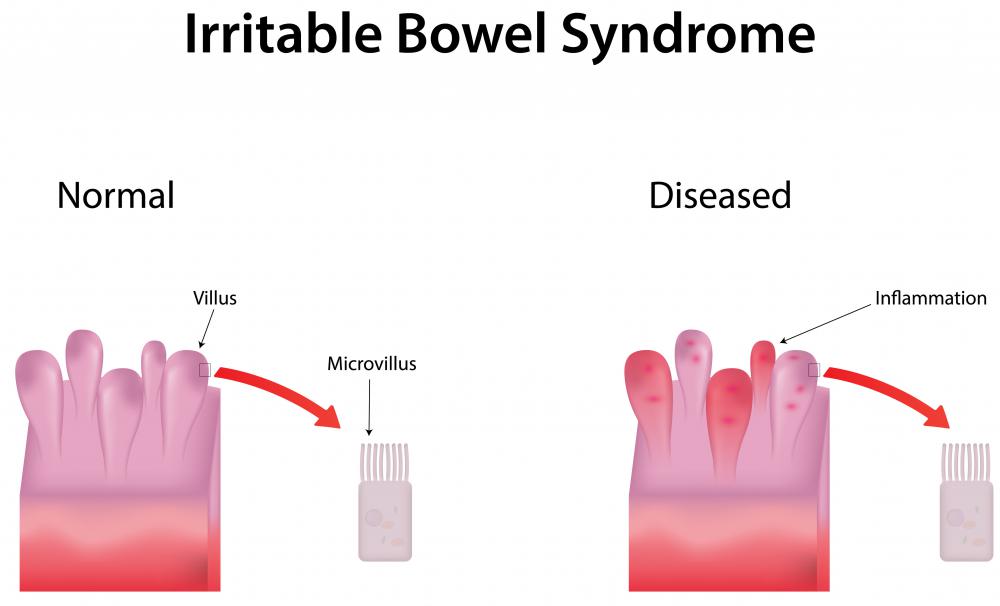At WiseGEEK, we're committed to delivering accurate, trustworthy information. Our expert-authored content is rigorously fact-checked and sourced from credible authorities. Discover how we uphold the highest standards in providing you with reliable knowledge.
What Is Blastocystis Hominis?
Blastocystis hominis is a gastrointestinal single-celled protozoan. These parasites are in the same group of organisms as algae and mildew. Blastocystosis is an infection of blastocystis hominis. Blastocystosis is a common condition, with as many as 10 percent of the population of developed countries carrying the parasite. In other areas of the world, particularly those with inadequate sanitation, up to 50 percent are infected.
The organism causes a wide variety of symptoms that are often misdiagnosed as other illnesses. Symptoms of blastocystosis include diarrhea, nausea, and flatulence. Depending on the degree of infection, abdominal cramps, bloating, and anal itching may also occur. The infection does not always cause symptoms, and many people with blastocystosis are asymptomatic or take years to show symptoms. Blastocystis hominis are often found in patients diagnosed with irritable bowel syndrome.

Transmission of blastocystis hominis is from ingestion of fecal matter contaminated with the parasite. The most common means of transmission is from untreated water. The parasite has been found in swimming pools, well water, and natural bodies of water that are subjected to septic runoff. Personal hygiene also plays a part, and regular hand washing is recommended to prevent infection. Other routes of transmission may be possible, but none have been definitively proven.

It is not known if the parasite is transferred from animals to humans. Studies show that the infection appears more often in patients that have exposure to animals, including farm animals, wild animals, and household pets. This evidence may be anecdotal, however, as most people in undeveloped countries have contact with animals. Transmission between people is rare, even between married couples.

Blastocystosis is diagnosed by a microscopic examination of a stool sample. Blastocystis hominis live in the intestines and are excreted in the feces. The parasite may not appear in every stool sample of an infected person, so it may take several successive stool samples to determine blastocystosis. Other tests, such as magnetic resonance imaging or blood tests, may be performed to rule out other causes or determine the impact of the infection.

There are no effective treatments for blastocystosis. The infection often resolves on its own in a short period of time without complications. Various medications, such as the antibiotic metrodidazole and the antiprotozoal iodoquinol, have been used with varying degrees of success. It is not known if the medications, when successful, are actually treating an underlying condition rather than eliminating blastocystis hominis.
AS FEATURED ON:
AS FEATURED ON:














Discuss this Article
Post your comments